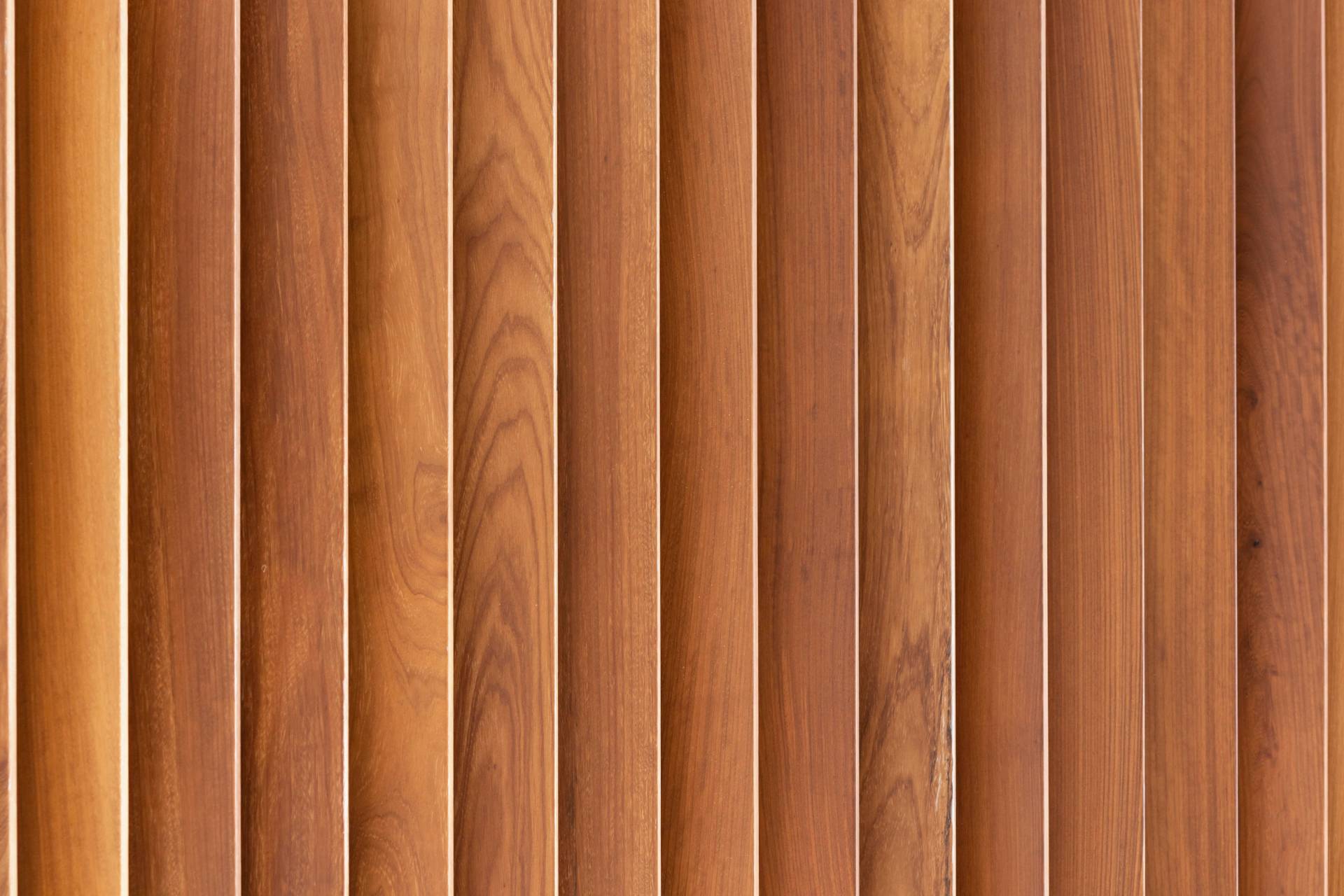Have any question?
Wood and Plywood
The wood, plywood, and polymer industries in India use a variety of chemicals at different stages of the manufacturing process to enhance properties, ensure durability, and achieve desired characteristics in the final products. Here are some key types of chemicals used in these industries:
Wood
Preservatives: Chemicals such as wood preservatives are used to protect wood against decay, fungi, termites, and other pests.
Wood Stains and Finishes: Stains and finishes, including varnishes and lacquers, are applied for aesthetic appeal and to protect wood surfaces.
Adhesives: Wood adhesives are used in the assembly of wood products such as furniture and laminated panels.
Plywood
Adhesives: Plywood manufacturing relies heavily on adhesives, with phenol-formaldehyde (PF), melamine-urea-formaldehyde (MUF), and urea-formaldehyde (UF) being common types.
Preservatives: Similar to the wood industry, preservatives are used to protect against decay and insects.
Surface Treatments: Chemicals for surface treatments, including coatings and sealants, are applied to enhance the appearance and durability of plywood.
There's an increasing trend in the industries to adopt environmentally friendly and sustainable chemicals, including bio-based alternatives and chemicals with lower environmental impact.
Regulatory compliance, safety standards, and environmental considerations are critical factors in the use of chemicals in these industries. It is important for manufacturers to adhere to relevant guidelines and regulations to ensure the safety of workers, consumers, and the environment. Additionally, industry practices and regulations may evolve, so it's advisable to refer to the latest information from industry sources and regulatory bodies for the most up-to-date details.
